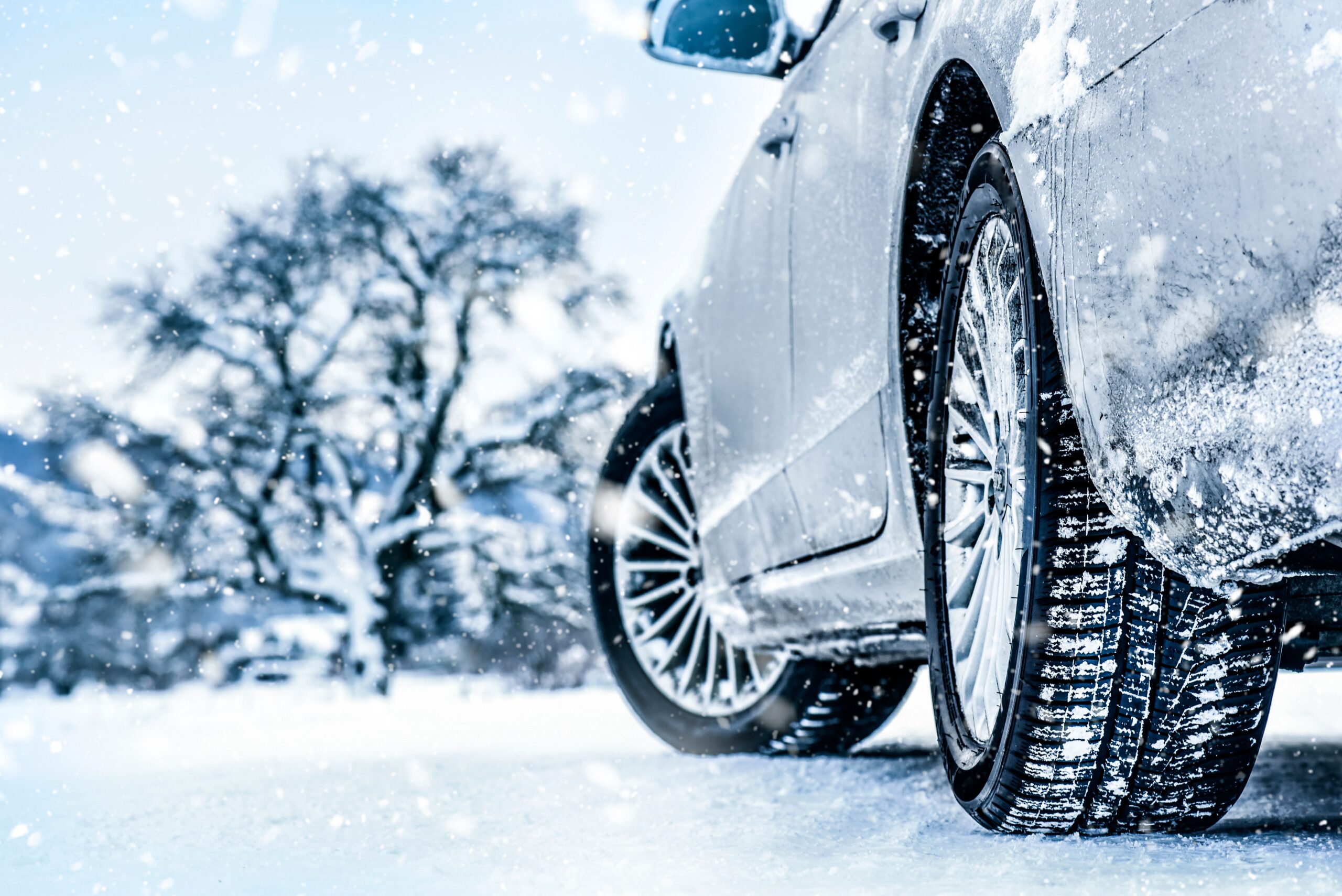Keeping yourself, your business and your property safe through the colder months can feel like a challenge – but it doesn’t have to be.
With a little preparation, you can avoid many of the most common winter pitfalls. Here’s a simple guide to help you stay safe, warm and protected all season long…
Building maintenance

Heavy snow, freezing temperatures and icy conditions can cause serious issues for homes and businesses. Ice on roofs, gutters, steps and pathways increases the risk of leaks, damage and accidents.
Reducing the risk doesn’t just keep people safe – it can also reduce the likelihood of costly claims.
Top tips:
- Frozen pipe prevention: insulate exposed pipes, allow taps to drip in extreme cold, keep heating consistent and know where your water shut-off valve is.
- Heating system safety: schedule regular checks, use any additional heaters responsibly, clean chimneys and ensure carbon-monoxide detectors are working.
- Roof and gutter protection: clear gutters of fallen leaves and debris to prevent ice dams.
- Avoid slips and trips: clear paths, steps and driveways regularly. Use salt, sand, or ice melt correctly and safely. It’s also a good idea to make sure you have adequate outdoor lighting to help visibility, and to double check any handrails are secure and well maintained.
Driving and vehicle safety

Road conditions can deteriorate quickly in winter. Whether it’s personal travel or managing a fleet, good preparation keeps everyone safer.
Top tips:
- Swap tyres: consider switching to winter tyres if you live in a snow-heavy region.
- Stay topped up: keep your fuel tank at least half full to prevent fuel-line freeze – this also helps to avoid running low if travel plans are forced to change. The same goes for electric vehicles. Ensure you’re as fully charged as possible – and don’t forget that charging can take longer in the colder weather, so allow extra time.
- Run checks: check battery, antifreeze, oil and washer fluid levels before every journey.
- Pack an emergency kit: blankets, torch, shovel, traction aids, power bank, food and water should be kept in vehicles.
- Allow extra time: build extra time into your journeys, drive slowly, avoid sudden braking and always be aware of the potential for black ice.
- Before setting off: check forecasts and travel news. Share your route and – for long-distance travel – plan safe stops.
- Fleet considerations: establish a clear winter driving policy. Circulate safety reminders on braking distances, black-ice awareness and avoiding cruise control. Provide training where needed to raise team awareness.
Read our blog for further information and advice on getting your fleet winter ready.
General travel advice

Winter weather can disrupt even the best-planned journeys, meaning a little flexibility can go a long way.
Top tips:
- Expect delays: cancellations and disruptions are to be excepted at this time of year, especially for flights. Always pack essential medication and key documents in your hand luggage.
- Have a plan B: consider whether a video call could replace a face-to-face meeting. Could you travel by another means or on another day?
Fire safety

Twinkling lights, cozy fires and cranking up the heating are all part of the season – but they come with risks.
Top tips:
- Test your electrical equipment: when were those fairy lights last checked? Make sure all appliances, tools and extension leads have been PAT tested recently and are in good condition.
- Use heaters and open flames safely: keep flammable items well away from fireplaces, avoid candles, and if using additional heaters, ensure they are well spaced.
- Avoid overloading outlets: extra lights and heating equipment can use more power than usual – spread the load across multiple sockets to reduce the risk of overheating.
- Check smoke and carbon-monoxide alarms: test alarms regularly and replace batteries as needed to ensure they’re working when you need them most.
- Switch off before locking up: heaters and festive lights are easy to forget at the end of the day. Make a quick “power-down check” part of your nightly routine.
Illness and injury

COVID, flu and seasonal illness, alongside increased accident risks, can affect staffing and business continuity – especially if key individuals become seriously unwell.
Top tips:
- Consider flexible arrangement: could working from home keep business moving whilst also avoiding the spread of infection? During peak illness periods, stay receptive to alternative working arrangements to keep people safe and your business moving.
- Invest in key person cover: protect your business if a vital employee or leader is unable to work for a significant period of time. Find out more about key person cover.
Check your cover

Perhaps the most important step you can take towards winter safety is to check your insurance cover is fully up to date.
If you’d like friendly guidance or want to make sure you’re fully protected this winter, we’re here to help. Contact our team for a quick review or to discuss personal recommendations for you or your business.
Top tips:
- Get in touch: speak to one of our experienced team members to review the policies you currently have in place and check they are providing you with the protection you need. Call 01744 886077, email enquiries@rigbyfinancial.co.uk, or fill in our contact form.
- If you need to make a claim: remember, as your broker, we’re here to help process any claims on your behalf. To make the process as smooth as possible, it’s worth having key information to hand – such as documented damage (with clear photos), receipts and maintenance records.
Useful information and advice
- Met Office – for the latest regional weather hazard alerts
- National highways – traffic and travel updates
- NHS services – advice on winter health
- Environment Agency – flood warnings
- Aviva – detailed winter risk management guidance for businesses
